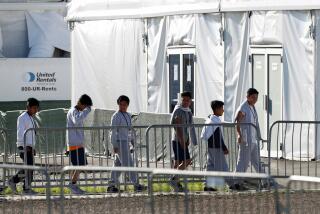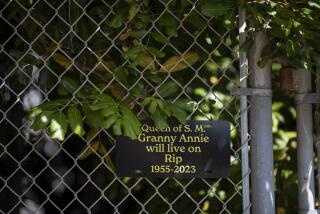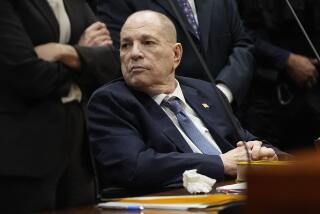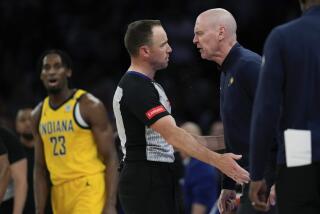British lawmakers condemn former PM Cameron’s role in 2011 Libya intervention
The former prime minister of the United Kingdom lacked coherent strategy in the FrenchAnglo 2011 military intervention in Libya, a parliamentary select committee said on Wednesday.
The scathing Committee for Foreign Affairs report said David Cameron’s insufficient intelligence information ahead of the intervention were based on erroneous assumptions and had subsequently contributed to the rise of Islamist groups in the region, including the Islamic State.
“The possibility that militant extremist groups would attempt to benefit from the rebellion should not have been the preserve of hindsight,” the committee said.
Amid the ongoing Libyan revolution, a NATO coalition, including French and British naval and air forces, provided limited military support for opposition factions fighting the Libyan Army.
Following the death of Libyan dictator Muammar Gaddafi, the North African country succumbed to violence as numerous militia groups vied for power in the vacuum.
What had started as a limited intervention to protect civilians in the then opposition stronghold city of Benghazi had been transformed by Cameron into a politically opportunistic push to overthrow Gaddafi’s regime, the report said.
The committee also accused Cameron of failing to draft up a comprehensive strategy for a postGaddafi Libya, adding that intervening politically, rather than militarily, may have delivered regime change and civilian protection at a lesser cost.
In order to avoid a fullscale civil war in the country, the committee advised that the international community should now offer support to the Government of National Accord in Libya, which is officially recognized by the United Nations.
The UK Foreign Office defended the military action and said that the decision to intervene was internationally agreed upon and authorized by the UN Security Council.
“Muammar Gaddafi was unpredictable and he had the means and motivation to carry out his threats,” a spokesman said.
According to the Foreign office, the campaign had been carried out in accordance with the UN mandate.
It acknowledged the difficulties that Libya faced following four decades of dictatorship, but said that the UK would “play a leading role within the international community to support the internationally recognized Libyan Government of National Accord.”









